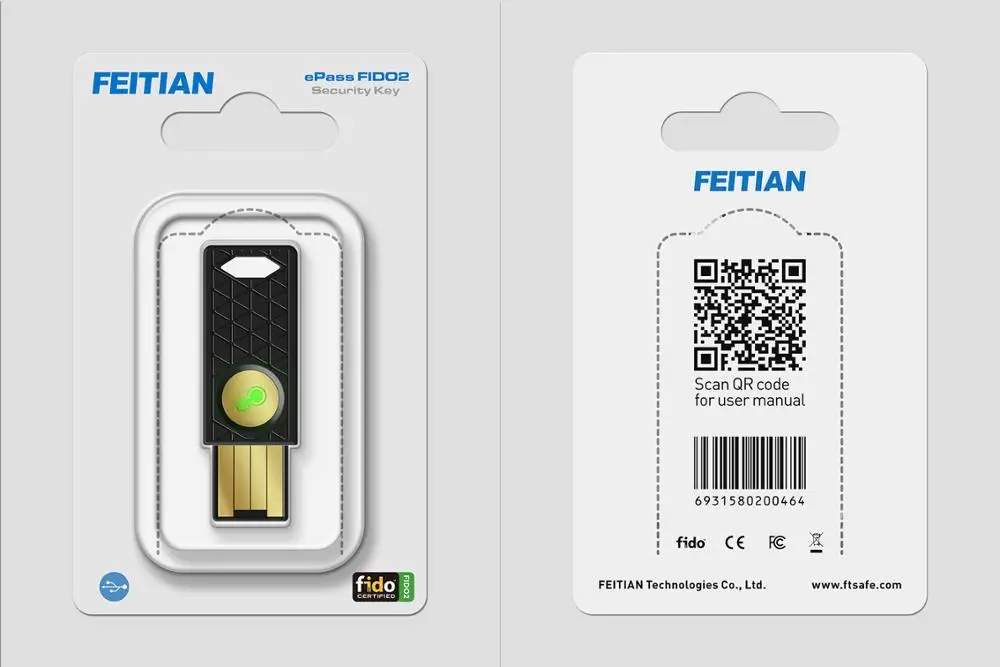

Multi-factor sign-on experiences are also available if additional security is required. The FIDO UAF protocol allows online service providers to offer their users passwordless sign-on experiences. And because open standards are managed by a foundation of stakeholders who ensure that the standards maintain their quality and interoperability, they’re widely accepted in the developer community. The fact that FIDO is an open standard is also important because it means that it is intended for widespread use, so it’s publicly available and free to adopt, implement, and update.

They also have certification programs that allow companies to verify interoperability across certified products, which is crucial for worldwide adoption. The FIDO Alliance develops technical specifications that define open standards for a variety of authentication mechanisms that all work together. These companies include Amazon, Apple, Google, Microsoft, Visa and, of course, Ping. Today, the FIDO Alliance has hundreds of member companies across a wide variety of industries who work together to develop technical specifications that define an open set of protocols for strong, passwordless authentication. This meeting inspired the idea to create an industry standard using public key cryptography and local authentication methods to enable passwordless login. The idea of using biometrics instead of passwords to authenticate users was initially discussed at a meeting between PayPal and Validity Sensors in 2009. And if biometric information is used to authenticate, it’s also stored on users’ devices, which makes these authentication processes stronger and even more secure.įounded in 2013, the FIDO Alliance is an open industry association focused on creating authentication standards that “help reduce the world’s over-reliance on passwords.” All communications are encrypted, and private keys never leave users’ devices, which lessens the chances of someone discovering them during transmission. Much of the authentication process is done behind the scenes and users are blissfully unaware that it’s even happening.įIDO protocols use standard public key cryptography techniques to secure user authentication. FIDO (Fast IDentity Online) is a set of open, standardized authentication protocols intended to ultimately eliminate passwords, which are often ineffective and outdated from a security perspective.Īfter completing an initial registration process and selecting the method by which they want to be authenticated, users can sign on to a FIDO-enabled product or service by simply providing a fingerprint, speaking into a microphone, looking into a camera, or entering a PIN, depending on the technology available on their computer or smartphone and which methods the product or service accepts.


 0 kommentar(er)
0 kommentar(er)
